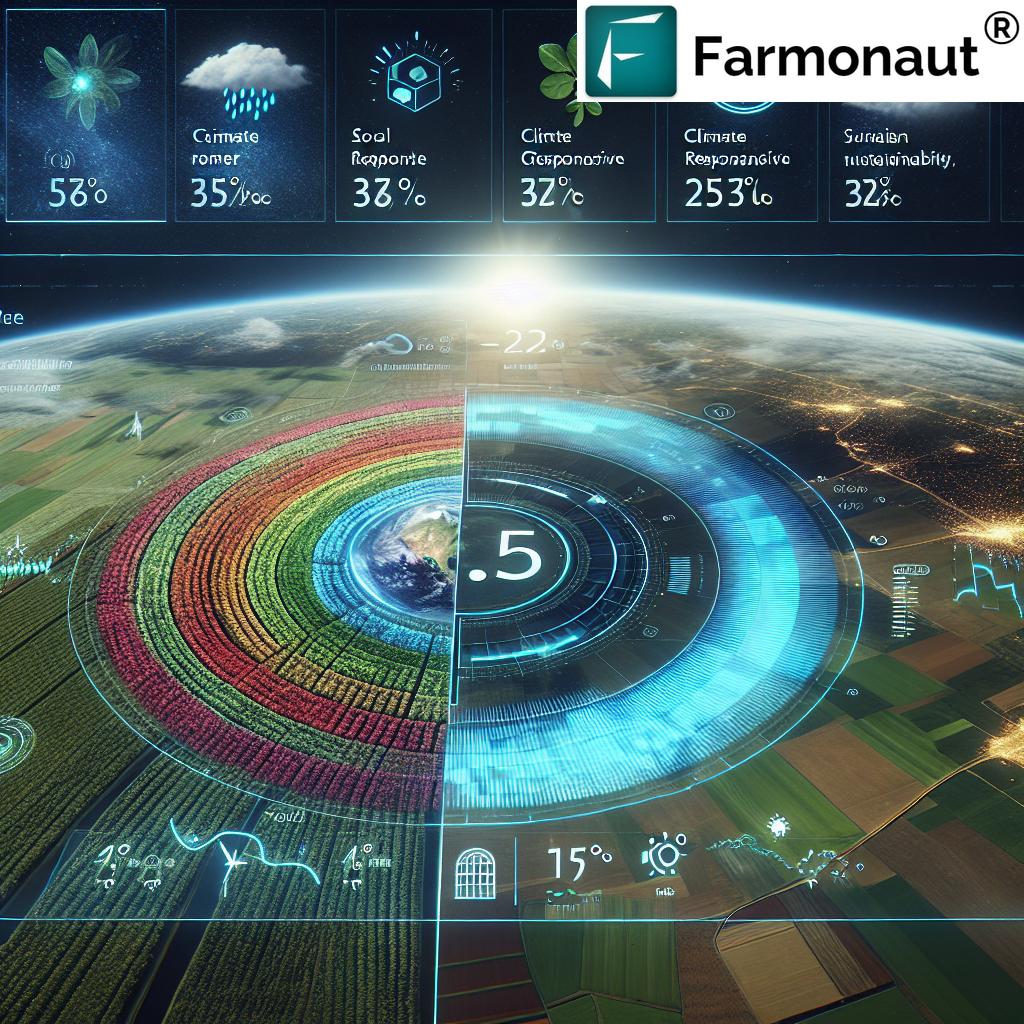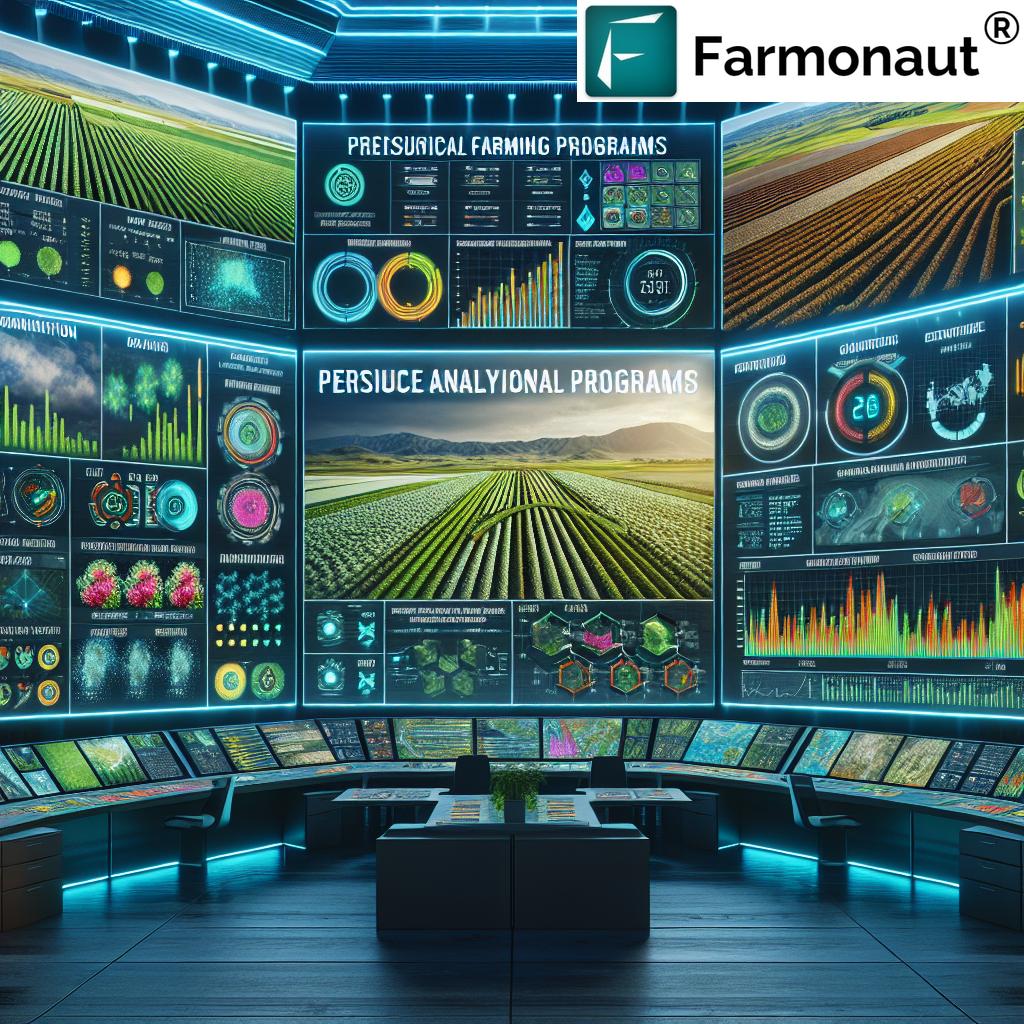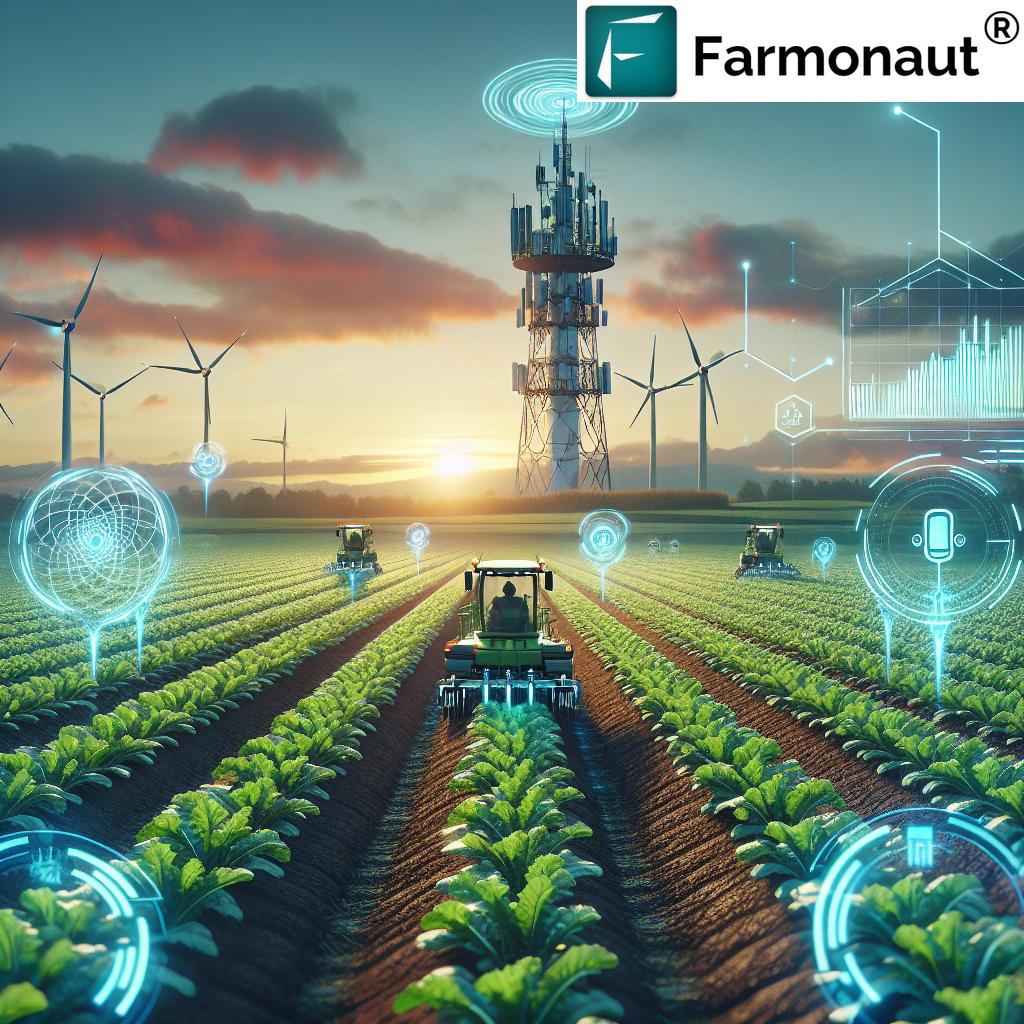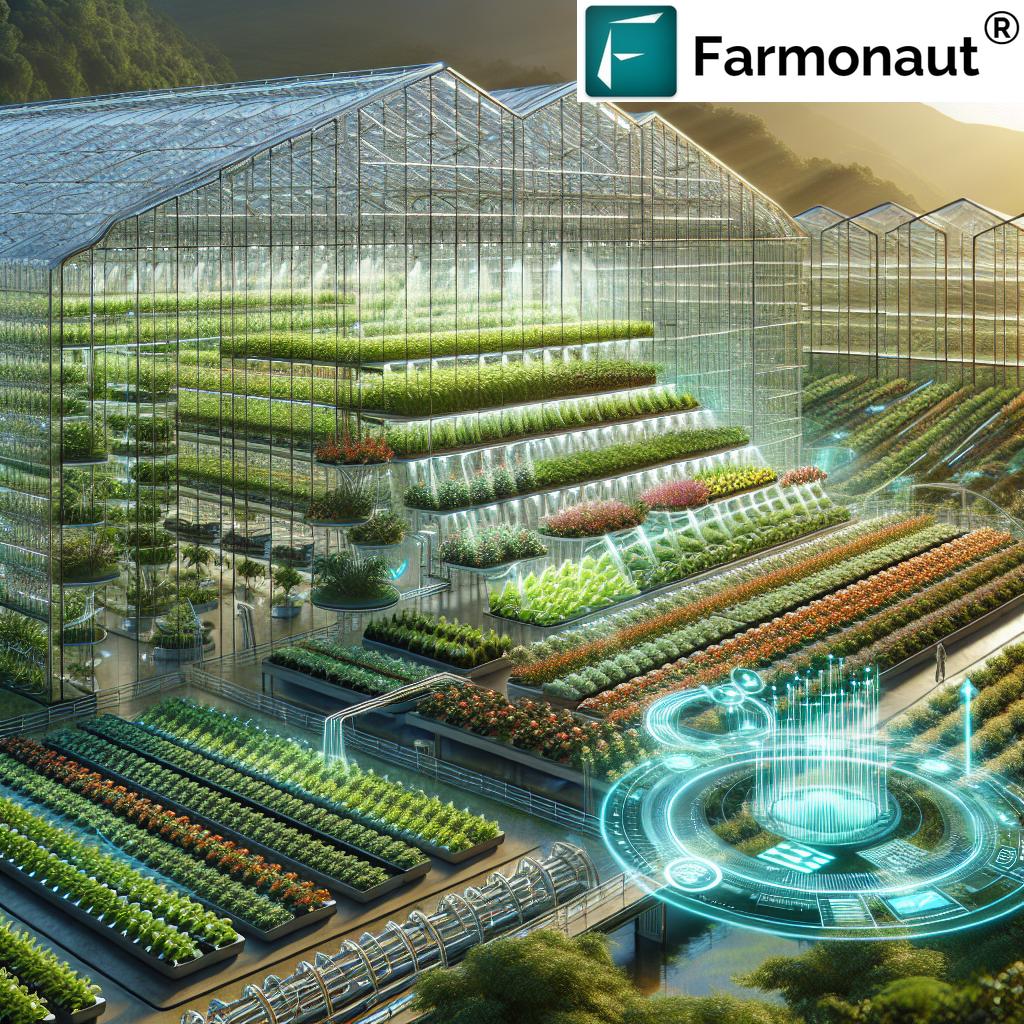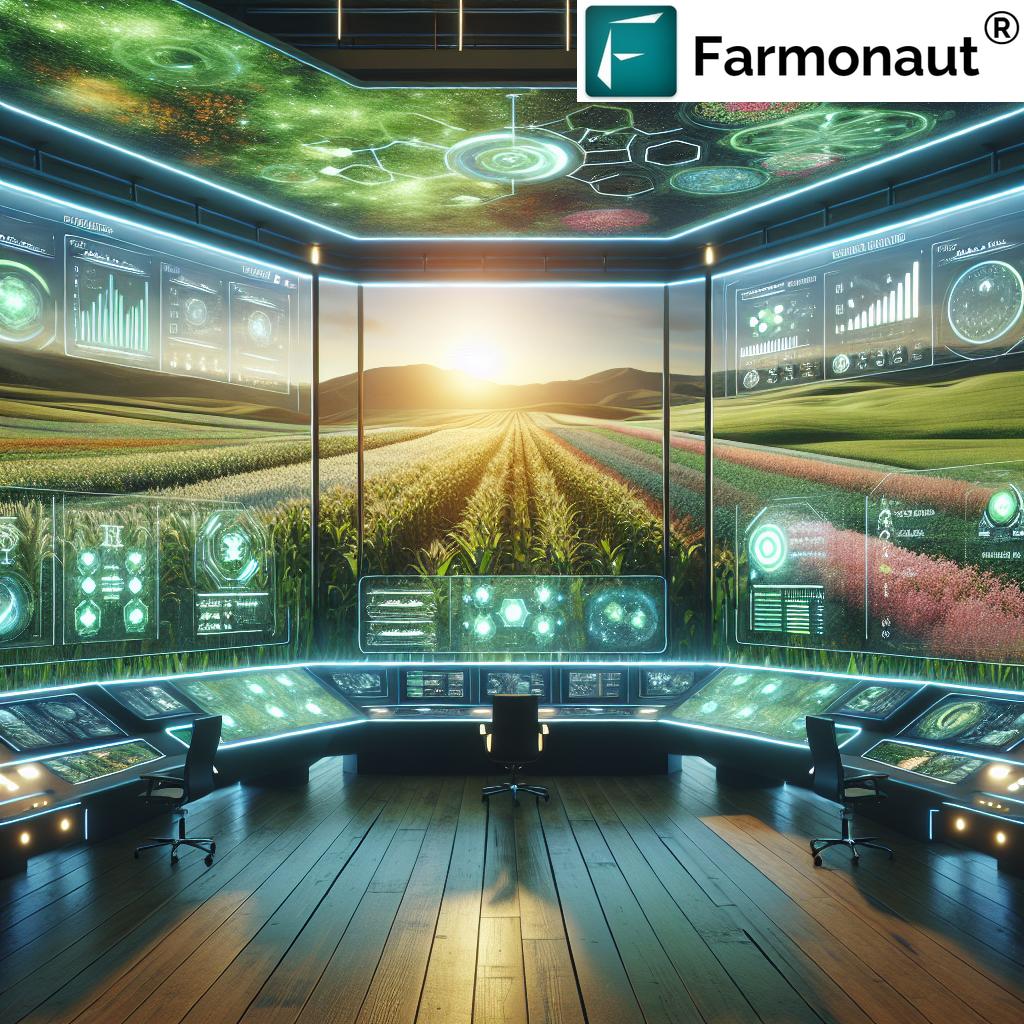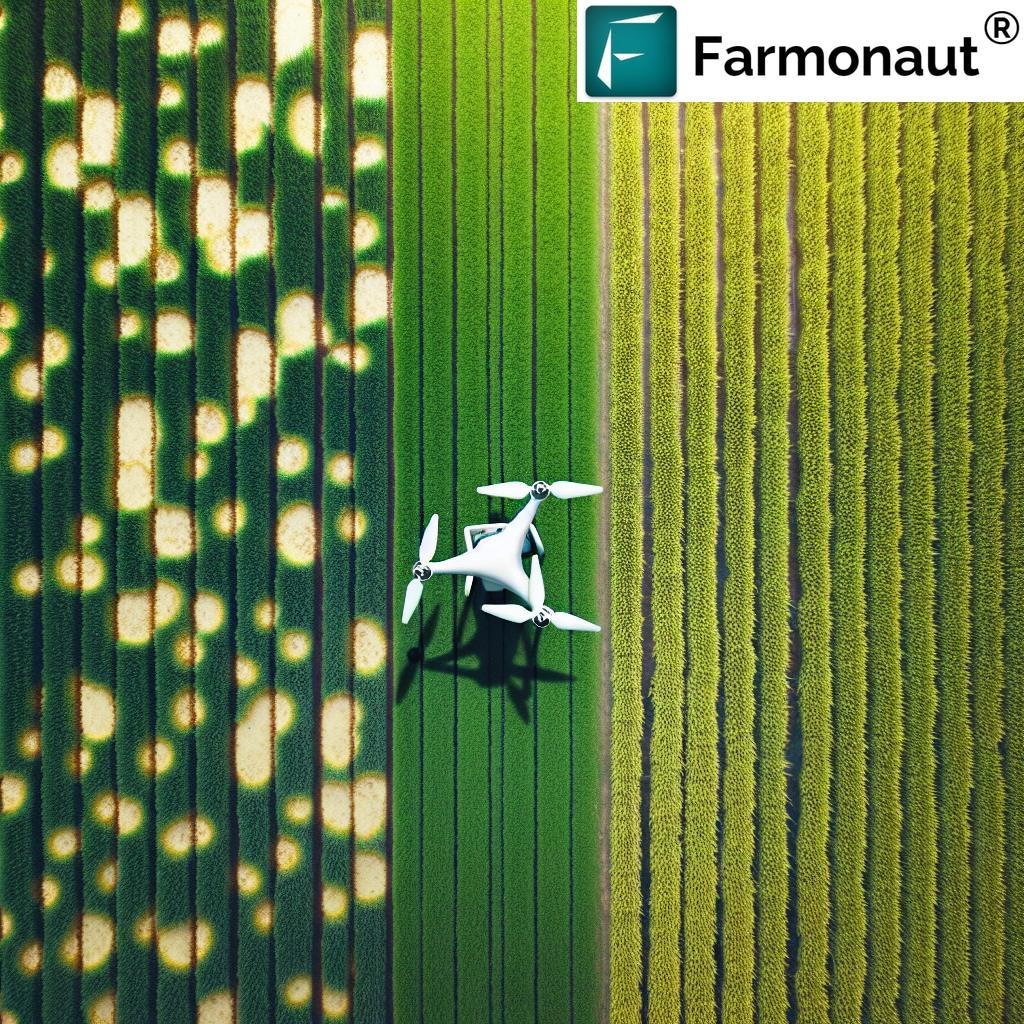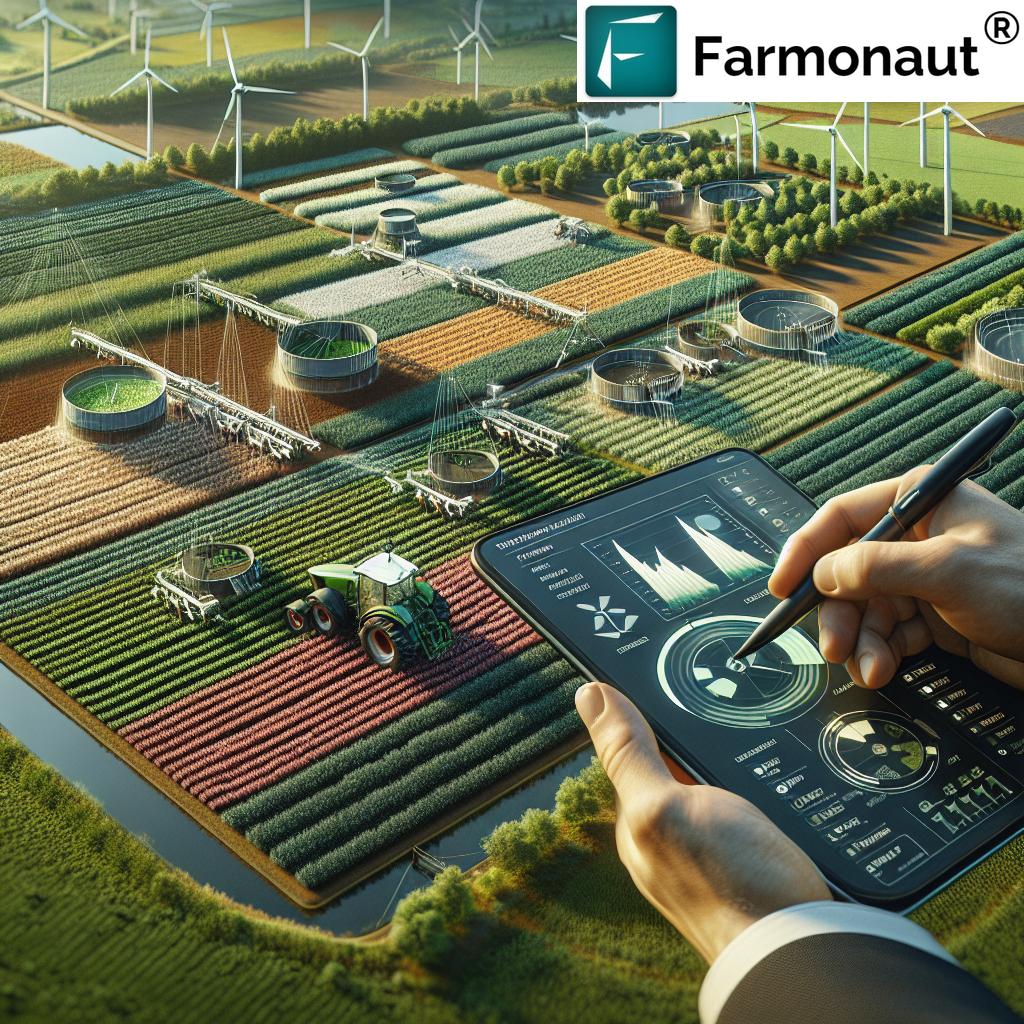Moisture Meter for Plants: Top 7 Smart Choices for 2026
“By 2026, over 60% of precision farms worldwide will integrate advanced soil moisture sensors for irrigation management.”
Why Moisture Meters Matter in 2026
In the rapidly evolving landscape of agriculture and plant care, moisture meter for plants technology stands at the forefront of change. By 2026, the role of soil moisture meter for plants, indoor plant moisture meter, and moisture sensor for plants in precision irrigation management has become both indispensable and transformative.
Water scarcity, erratic climate patterns, and increasing global food demand have pushed agricultural professionals, horticulturists, and urban gardeners to adopt smarter solutions. Moisture sensors and soil meters for plants help optimize water use, ensuring healthier crops, reduced wastage, and more sustainable land management.
Whether in a vast commercial farm, a managed forestry project, or a city apartment filled with houseplants, accurately measuring soil moisture content is the key to sustaining plant health while conserving resources. The result: higher yields, smarter schedules, and far less water wasted.



Technology Evolution: Precision Soil Moisture Meters (2025-2026)
The journey from the analog meter to today’s digital soil moisture meter for plants has been marked by innovation and growing data sophistication. Let’s examine the major leaps transforming how we measure and manage moisture in 2025—and what’s new for 2026:
- Sensor Advancements: Compact, integrated sensors now offer real-time, volumetric soil water content data—essential for optimizing irrigation schedules.
- Wireless Connectivity: Modern moisture meter for plants devices are equipped with Bluetooth, Wi-Fi, and even LoRaWAN for seamless remote monitoring.
- Mobile & IoT Integration: Apps allow growers, urban gardeners, and forestry professionals to access moisture data anytime, anywhere.
- AI & Data Analytics: Artificial intelligence interprets data from moisture meters to recommend precise irrigation and predict drought risk based on weather trends.
- Multi-Parameter Detection: The newest devices combine soil moisture, temperature, salinity, and nutrient sensors for a holistic plant health analysis.
These innovations help growers tailor practices to specific regional needs—whether facing water scarcity in arid climates or managing erratic rainfall patterns.
Farmonaut’s advanced technologies, such as our AI-powered Jeevn Advisory System, deliver real-time satellite insights, critical for informed irrigation and soil management decisions.
Learn more about our precision agriculture monitoring and real-time advisory on the
Large Scale Farm Management Platform, which brings comprehensive satellite-driven guidance directly to your device.
How Do Smart Moisture Meters Work?
- By measuring changes in soil’s electrical resistance or dielectric constant, moisture meters for plants calculate how much water is present.
- Data is transmitted via smart devices or cloud-based platforms for analysis and actionable alerts.
- Automated irrigation setups can react instantly, improving efficiency and sustainability for farms and indoor environments alike.

“Smart moisture meters can reduce agricultural water usage by up to 30% compared to traditional irrigation practices.”
Applications: From Precision Agriculture to Indoor Gardening
The applications of moisture meters for plants in 2026 cover a wide spectrum of industries and environments. Here’s how these devices are transforming plant health, water conservation, and sustainable practices:
1. Agriculture & Precision Farming
- Precision Watering: Soil moisture meters enable farmers to tailor irrigation schedules to the unique needs of each plant or field zone, maximizing crop yields and minimizing water wastage.
- Climate Resilience: Quick response to drought and unpredictable climatic conditions by accessing real-time soil moisture content and weather forecasts.
- Resource Optimization: Save water and associated costs—an economic necessity especially in regions facing scarcity.
2. Horticulture & Urban Gardening
-
Easy Indoor Plant Health: The indoor plant moisture meter helps urban gardeners and plant owners
avoid overwatering and underwatering, which often leads to stressed or dying houseplants. - Integration with Smart Homes: Many indoor plant soil moisture meters sync with home automation systems, enabling automated plant care routines through mobile apps.
- Compact & Aesthetic Design: Today’s devices are designed for seamless use among houseplants, often providing visual alerts that fit well with modern interiors.
3. Forestry & Environmental Management
- In forestry, soil meter for plants empowers managers to track moisture levels vital for tree planting, reforestation, and drought risk assessment.
- Early warnings from moisture sensors help prevent large-scale tree mortality and support biodiversity conservation.
- Environmental Sustainability: Smart meter devices promote responsible water use and support carbon footprinting initiatives, critical in the fight against climate change.
4. Commercial Greenhouses
- Greenhouses leverage embedded IoT moisture meters for multi-zone remote monitoring, ensuring every crop receives tailored hydration for optimal growth.
- Integration of soil moisture meter for plants data with temperature and nutrient sensors creates holistic models for yield improvement and sustainability.
5. Mining, Land Restoration & Environmental Compliance
- Moisture meters are used to assess soil stability in land reclamation, tailings, and construction sites, aiding in dust suppression and environmental risk management.
Comparison Table: Moisture Meter for Plants – Top 7 Smart Choices for 2026
With hundreds of moisture meter for plants devices available, how do you choose the best? The table below compares leading smart meters for 2026, focusing on sensor technology, accuracy, connectivity, battery life, ideal use, price, and sustainability score:
| Product Name | Sensor Technology Type | Accuracy (% Estimated) | Connectivity | Battery Life (Months) | Ideal For | Estimated Price (USD) | Sustainability Score (1–10) |
|---|---|---|---|---|---|---|---|
| HydroSense Max 7 | Digital Capacitive + Temp | 98% | Bluetooth/Wi-Fi | 24 | Outdoor & Indoor | $149 | 9 |
| GroZone Pro IoT | Multi-param IoT Array | 97% | Wi-Fi, LoRaWAN | 18 | Commercial Farms | $199 | 10 |
| PlantPulse Smart 4 | Dielectric Moisture | 96% | Bluetooth | 15 | Indoor Plants | $59 | 8 |
| EcoGardner Sense | Analog + Digital Readout | 93% | None (Manual) | 36 | Indoor/Outdoor | $35 | 7 |
| IrrigaTEK MultiSense | Capacitive + Salinity | 95% | Wi-Fi | 12 | Greenhouses, Orchards | $109 | 9 |
| GreenNest Live 2026 | Digital + App Integration | 94% | Bluetooth | 20 | Home, Urban Gardens | $69 | 8 |
| ForestSense Pro | Multi-Sensor Array (Moisture, Temp) | 99% | LoRaWAN, Wi-Fi | 30 | Forestry | $229 | 10 |
*These ratings and specifications are projections for 2026 based on industry trends. Actual performance and availability may vary.
Features & Benefits: What Makes a Leading Moisture Meter Stand Out?
Top-performing moisture meter for plants and indoor plant soil moisture meter options in 2026 share key features that simplify plant care and precision agriculture:
- Accurate Volumetric Measurements: Leading meters measure actual soil water content—not just superficial wetness—enabling smarter irrigation and preventing both over- and under-watering.
- Multi-Sensor Arrays: Some models reveal much more than moisture—think temperature, pH, salinity, and nutrient levels—all from one compact device.
- Wireless Connectivity: Featuring Bluetooth and Wi-Fi for instant syncing with mobile apps, enabling easy tracking and automated watering routines.
- Cloud-Based Data Storage and AI Analytics: With cloud integration, users can analyze trends over time, receive alerts, and let AI-driven algorithms recommend specific actions.
- Extended Battery Life: Devices increasingly last for years, reducing maintenance and operational costs.
- Sustainability in Materials: The best meters use recyclable, sustainable materials—supporting environmentally responsible practices.
- Easy Integration: Works seamlessly with greenhouse management, forestry operations, and smart home systems.
How Moisture Meters Optimize Irrigation, Forestry & Environmental Sustainability
Smart moisture sensors go far beyond garden gadgets. Their role in precision agriculture, forestry management, and environmental monitoring is growing rapidly in 2026.
Optimizing Irrigation for Sustainable Agriculture
- Water Conservation: Meters limit overwatering, supporting sustainable farming practices and compliance with environmental guidelines.
- Higher Yields: By providing plants with just the right amount of water when they need it, soil moisture meters for plants directly improve crop productivity.
- Reducing Costs: Smart scheduling reduces water, labor, and energy expenses, benefiting farm profitability.
Forestry Management and Environmental Resilience
- Drought Prevention: Measuring soil moisture levels in forests helps prevent drought stress and tree mortality.
- Reforestation Planning: Insightful soil data supports the selection of optimal planting sites and times, maximizing reforestation success.
-
Biodiversity & Climate Benefits: Supporting healthy trees aids biodiversity and carbon sequestration, vital for global environmental goals. Explore more about
carbon footprinting solutions.
Enabling Smart Cities and Urban Sustainability
- Landscape Irrigation: Public parks, rooftop gardens, and city trees benefit from moisture sensors that automate watering, supporting eco-friendly cities.
- Indoor Air Quality and Plant Longevity: Healthy houseplants, growing under optimal moisture conditions, improve air quality and indoor comfort.
Farmonaut: How We Drive the Future of Moisture Content Analysis for Precision Agriculture
At Farmonaut, we continually strive to empower agriculture, horticulture, forestry, mining, and environmental professionals with advanced, affordable, and scalable technology. Our mission is to democratize precision agriculture with satellite-driven solutions that work hand-in-hand with ground-level sensors such as moisture meters for plants.
Our innovative platform brings together:
- Satellite-Based Crop Health & Soil Monitoring: Using multispectral imagery, we provide region-wide and field-specific moisture level analysis, supporting smarter irrigation and resource management.
- AI-Based Advisory (Jeevn): Real-time, tailored insights for farming operations, delivered via web, Android, and iOS platforms. The system analyzes historical and current moisture data, enhancing decision-making.
-
Blockchain-Based Product Traceability: Bringing transparency to supply chains for agriculture and beyond. Visit our
traceability platform to learn more. -
Fleet and Resource Management Tools: Including satellite-enabled vehicle oversight for agricultural and mining fleets. Explore our
fleet management solutions. - Carbon Footprint Monitoring: Helping users monitor and reduce environmental impact—vital for sustainable land management.
- API Access: Seamlessly integrate our soil, weather, and satellite data into your custom systems via the Farmonaut API. For developers, explore our detailed API developer docs for flexible integration.
FAQ: Moisture Meters for Plants in 2026
What is a moisture meter for plants?
A moisture meter for plants is an electronic device that measures the volumetric (by volume) water content of soil. It helps determine when to water your plants, preventing under- and over-watering, and is useful for home, agriculture, horticulture, and forestry applications.
How do I use a soil moisture meter for plants?
Insert the probe into the soil near your plant roots, wait for the reading to stabilize, and read the moisture level from the digital or analog display. Many meters now send results to your smartphone via Bluetooth or Wi-Fi for real-time monitoring.
What’s the best moisture level for plants?
Optimal soil moisture levels vary by plant species. As a rule of thumb, most indoor plants prefer soil that’s evenly moist but not soggy, while cacti and succulents require much drier conditions. Always check your plant’s specific needs.
Are smart moisture meters compatible with smart home systems?
Yes! Many indoor plant soil moisture meters and smart irrigation meters can sync with Google Home, Alexa, or other smart home systems, offering automated watering routines and mobile alerts.
How do moisture sensors help with sustainable agriculture?
By providing accurate real-time data, smart meters reduce water wastage, improve crop yields, and lower operational costs—helping farmers promote sustainable land management and conserve resources.
Can Farmonaut connect with ground-level moisture meters?
Our satellite-based platform complements ground-level sensor data, delivering a comprehensive view through real-time monitoring, AI advisory, and data-driven dashboards. This empowers more informed decisions at every level of farming and resource management.
How can I access Farmonaut services?
Download our web app, Android app, or iOS app. For businesses and developers, we offer API integration—see our developer docs.
Get the Most from Precision Irrigation Technology in 2026
As global climate and population dynamics continue to challenge traditional farming, moisture meter for plants technology is more crucial than ever for sustaining productivity and environmental health.
- Farmers: Use smart meters and our satellite-driven guidance to plan irrigation, reduce costs, and boost yields sustainably.
- Horticulturists & Urban Gardeners: Embrace compact, smart indoor plant soil moisture meters for healthier, longer-living plants and improved indoor air quality.
- Forestry Professionals: Monitor critical soil moisture dynamics for reforestation, drought prevention, and climate resilience.
- Environmental Managers: Integrate moisture sensors into wider sustainability and carbon footprint tracking.
For a unified, often automated, and always accessible approach to crop, land, and resource management, discover how Farmonaut’s solutions bring moisture data, AI, and remote sensing together in one powerful ecosystem.



For direct integrations and developer solutions, visit our API page and comprehensive API developer documentation. To expand your sustainable operations or monitor large-scale plantations, our unified crop, plantation, and forest advisory platform is your one-stop solution.
Moisture meter for plants technology remains an essential, ever-advancing pillar in the future of precision agriculture, sustainable water management, and environmental stewardship. Are you ready to make informed decisions and transform your plant care or farm operations for 2026 and beyond?
Experience next-generation plant management—powered by data, driven by innovation.



